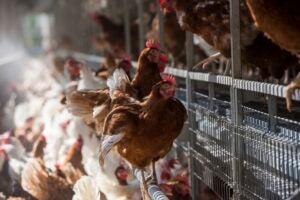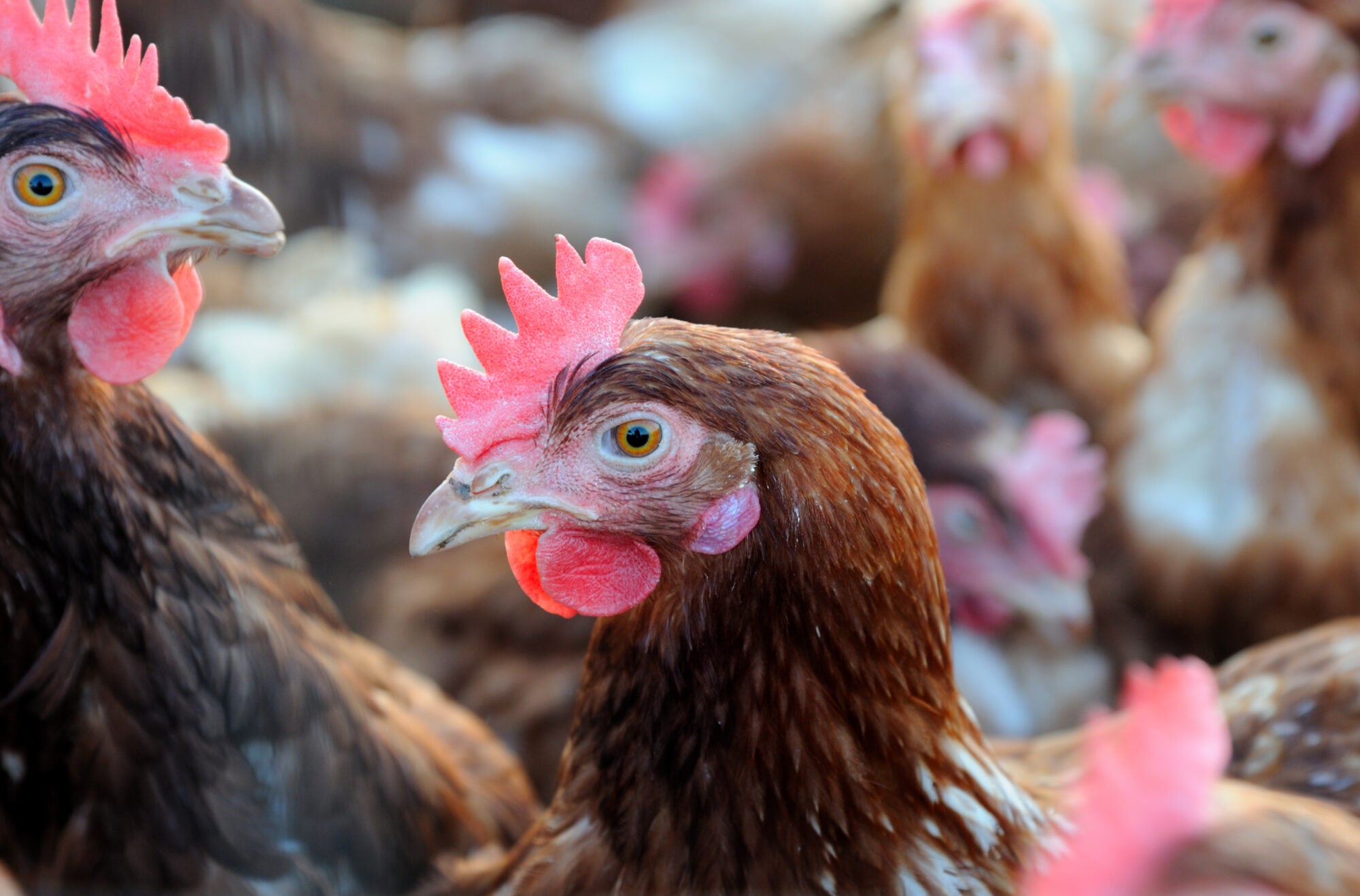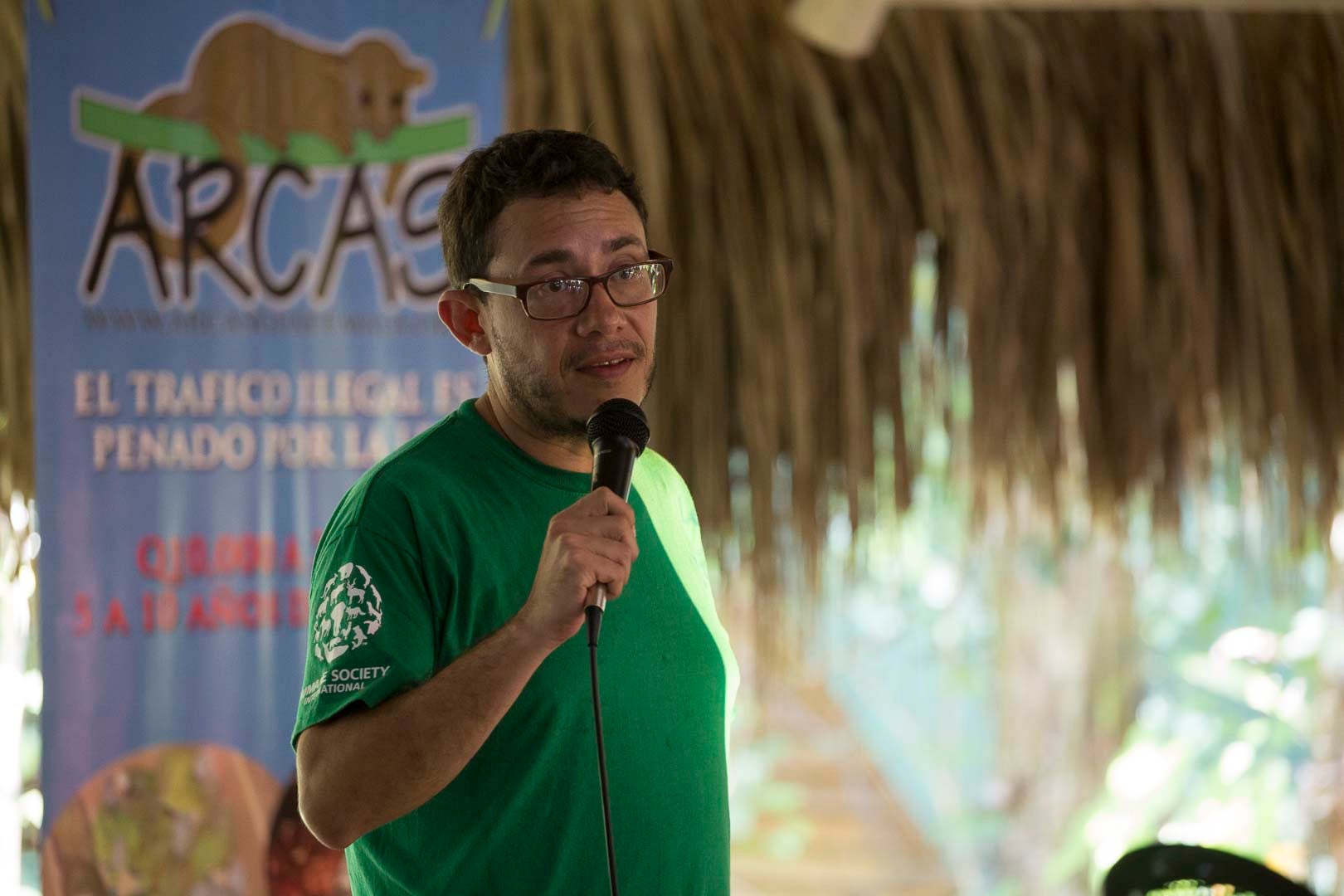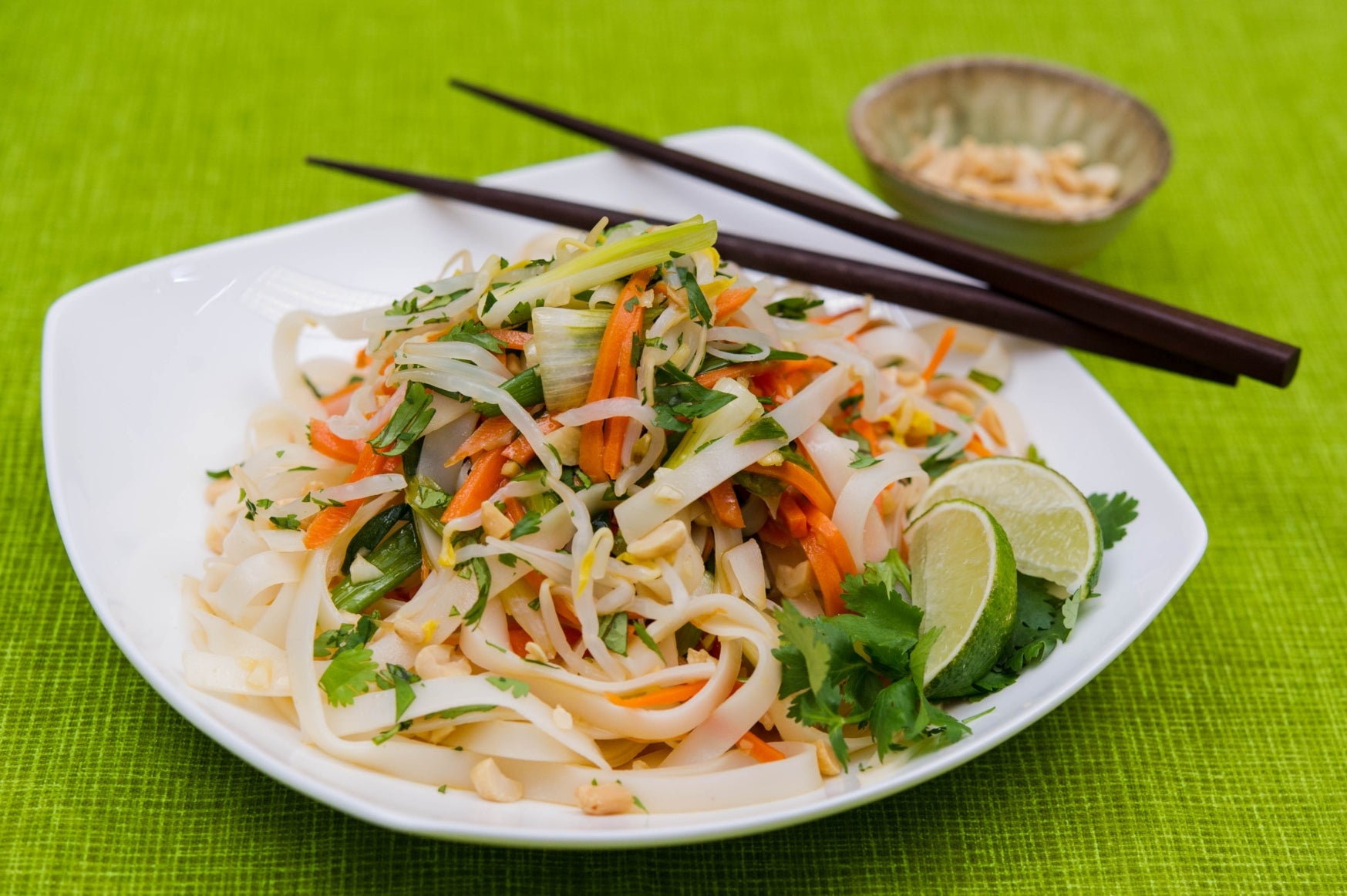
SUBANG JAYA, Selangor—Humane Society International in Malaysia welcomes the country’s first commitment from a hypermarket to end the sale of eggs from caged hens. Mydin Mohamed Holdings Berhad, known as Mydin, published its commitment to exclusively sell cage-free eggs in all their stores by 2030. HSI has been working with cage-free producers and suppliers in Malaysia to ensure a cage-free egg supply is available and collaborates with companies by supporting the development of a cage-free egg implementation plan in businesses across the country. Mydin began selling cage-free eggs in its stores in March in Selangor and plans to continue to expand sales to its 66 locations.
The commitment reads, “We will continue to work with our suppliers and customers to achieve our goal of selling 100% cage-free eggs in Mydin supermarkets by 2030.”
The publication of the commitment follows HSI’s recent event on the cage-free egg movement, in which egg producers, retailers and other companies, veterinarians and government officials convened to discuss Malaysia’s transition towards cage-free egg production. Recent surveys show that that the welfare of farmed animals is important to the public and most consumers prefer to purchase cage-free eggs. In the study, 84% of Malaysians agree that the welfare of farmed animals is important and as with people in other countries, most prefer to purchase cage-free eggs.
Humane Society International’s senior adviser of policy and engagement in Malaysia, Dr. Saravanakumar Supramaniam Pillai, stated: “Providing adequate room is a basic tenant of farm animal care and housing. We will be supporting Mydin’s egg suppliers as they embrace more scientifically advanced, socially accepted and higher welfare methods of production. The future is without a doubt cage-free and Mydin is leading the way.”
Worldwide, most hens kept for egg production are confined to small, wire cages with so little space they cannot even stretch their wings. In contrast to cages, hens raised in a cage-free environment have room to move, to stretch their wings and to exhibit important natural behavior.
Stefanie Yan, owner of Permagreen Farms, a cage-free producer operating in Nejeri Sembilan and supplying eggs to Mydin, agreed, adding: “Cage-free hens are healthy and productive and we are seeing more interest from companies that want something better than confinement-based production systems. We are proud to supply Mydin and other Malaysian businesses.”
HSI will continue working alongside businesses, including hypermarkets, in Malaysia to implement their commitments, by connecting businesses and suppliers, providing technical training and workshops for producers, marketing and policy support for companies and assistance in compliance with good practices for animals’ wellbeing.
HSI’s work to improve the welfare of animals in agriculture is both science-based and collaborative. The organization works with companies, farmers, financial institutions, processors, scientists and certifiers to support a transition to cage-free housing systems and offers a wide range of support.
ENDS
Media contact: Madeline Bove: 213-248-1548; mbove@humanesociety.org



